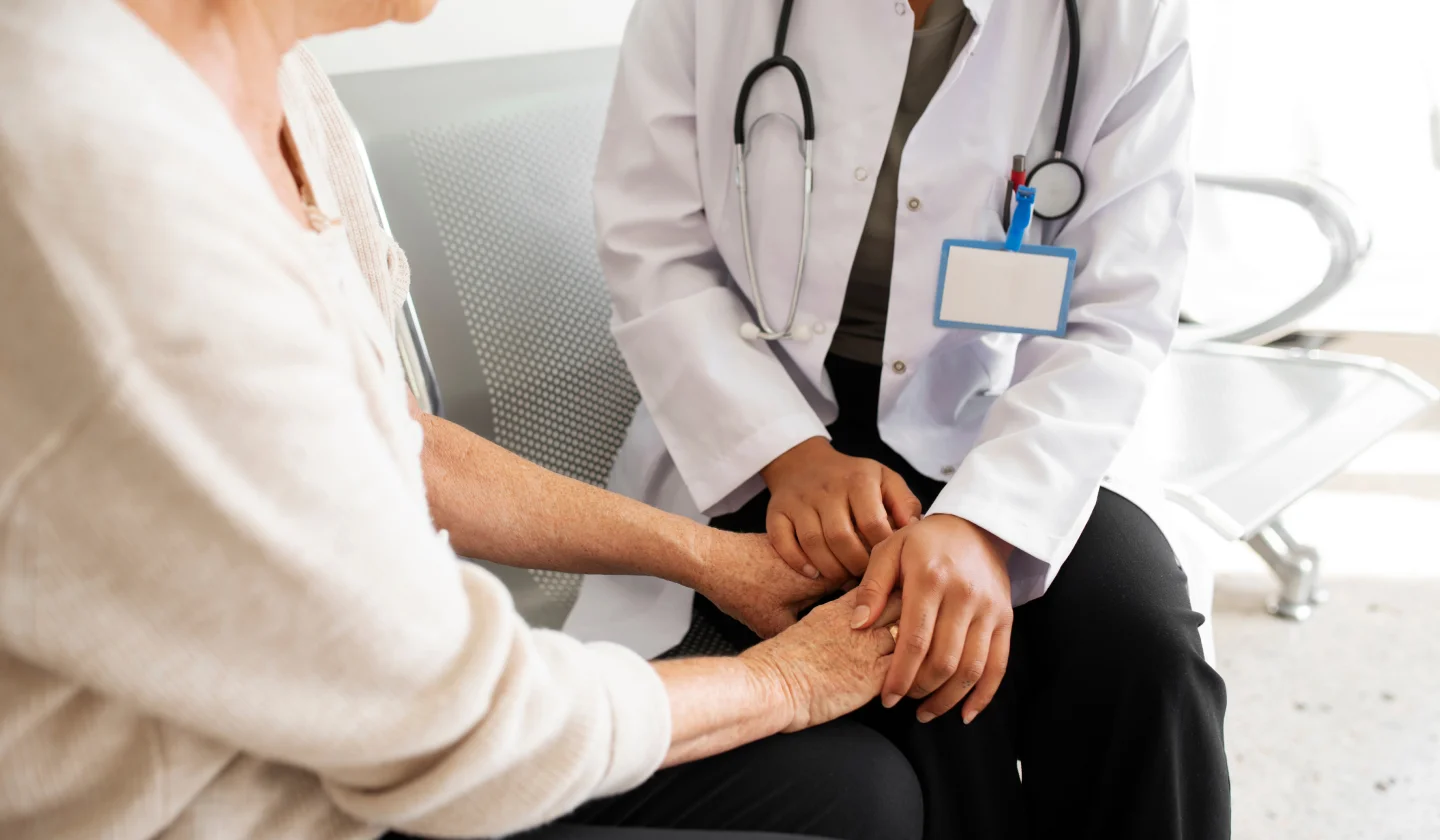A comprehensive overview of essential health screenings for women, tailored by age to help you stay proactive about your well-being.
At Austin Springs Women’s Health, we believe preventive care is the foundation of lifelong health. Whether you’re in your 20s, 50s, or beyond, routine screenings help detect potential issues early—when they’re most treatable—and keep you feeling your best at every stage of life.
Here’s your comprehensive guide to essential women’s health screenings by age.
Why Are Health Screenings Important?
Health screenings are proactive check-ups that monitor your overall well-being and detect any early signs of illness. Regular screenings:
- Identify risks before they become serious
- Support hormone balance and reproductive health
- Provide peace of mind about your body’s current health
- Guide treatment decisions to optimize your lifestyle and wellness goals
🌸 “Preventive care isn’t just about early detection—it’s about giving yourself the confidence to thrive at every age.”
Women’s Health Screenings in Your 20s
Your 20s are about establishing healthy habits and building a relationship with your gynecologist. Key screenings include:
✅ Pap Smear (Starting at 21)
A Pap test checks for abnormal cervical cells that could lead to cervical cancer. (Typically recommended every 3 years if results are normal) We recommend screening Pap smear every 2 years, if results are normal and that you keep a personal record of all pap results, as this can help immensely if you move or change insurance.
✅ Pelvic Exam Yearly
Assesses reproductive health and screens for infections or structural or functional changes in any of the pelvic organs.
✅ HPV Testing
Often performed with a Pap smear after age 25 or if there are abnormal results.
✅ STI Screenings Yearly
Breast exam yearly
Annual screenings for sexually transmitted infections, like chlamydia and gonorrhea, if sexually active.
Women’s Health Screenings in Your 30s
As you enter your 30s, continue all screenings from your 20s. Additional considerations include:
✅ HPV Co-Testing
At age 30, HPV testing is often combined with your Pap smear every (2) years , if both results are normal.
✅ Breast Exam
A clinical breast exam is recommended every (1-3 )year to check for lumps or changes.
✅ Fertility Discussion (If Planning)
Although not a screening, discussing future family planning can help address hormonal or menstrual concerns early.
Women’s Health Screenings in Your 40s
Hormonal shifts may begin in your 40s, making screenings even more important:
✅ Annual Mammograms (Starting at 40)
Depending on personal and family history, mammograms may be recommended earlier to screen for breast cancer.
✅ Pap Smear & HPV Testing
Continue every (2) years, based on prior results.
✅ Diabetes & Cholesterol Screening yearly
Evaluate overall metabolic health, especially if overweight or with family history.
✅ Thyroid Function Test yearly
Many women experience thyroid changes affecting metabolism, energy, and mood.
Women’s Health Screenings in Your 50s
In your 50s, menopause transitions can impact multiple areas of health.
✅ Bone Density Test (DEXA Scan)
Recommended starting at age 50 or when menses stop, especially if there are risk factors for osteoporosis. Interval will be determined by results, normal or at-risk for osteoporosis.
✅ Colorectal Cancer Screening
Begin screening at age 45 – 50 (earlier with family history and risk factors, such as ethnicity, smoking or regular drinking). Options include colonoscopy or stool-based tests. Stool based testing is only a good option for low risk patients.
✅ Hormone & Menopause Assessment
Discuss symptoms like hot flashes, mood changes, or sleep disturbances to optimize comfort and health.
✅ Continue Mammograms & Pap Smears
As per your doctor’s recommendation, continue these essential screenings.
Women’s Health Screenings in Your 60s and Beyond
✅ Bone Density Tests
Repeat every 2-5 years based on results, to monitor osteoporosis risk.
✅ Mammograms & Pap Smears
Continue mammograms annually or biennially. Pap smears can often be stopped after age 65 if there’s a history of normal results, but your doctor will advise based on your personal health.
✅ Heart Health & Cholesterol yearly, with gyn or pcp. Sometimes referral to cardiologist or pcp for management can be indicated, if high risk factors are identified, that are not manageable by lifestyle adjustments and supplements.
✅ Vision & Hearing Checks – our office can guide you on how to schedule these tests
Overall wellness includes annual eye exams and hearing assessments to maintain safety and quality of life.
How to Prepare for Your Screenings
✔️ Know Your Family History: Prepare written List of Your Medications & Supplements- updated before your visit.
✔️ Names of prior doctors and medical records that might be needed, for thorough gyn care, specifically for the problem that brings you to our office.
✔️ Prepare of list of problems that you want to discuss. If certain subjects require more attention, you can let us know which subject you would like to address at your first visit.
✔️ Sometimes, we see patients who do not seek health care very often or have multiple concerns. This can require more than one office visit.
✔️ List Your Medications & Supplements: Ensure your doctor has a complete overview for safe, effective care.
When Should You Schedule Your Next Wellness Visit?
If it has been over a year since your last women’s health screening, now is the time to prioritize your well-being. We do require an office visit every 12 mths for patients who are receiving ongoing prescriptions with our office. At the annual visit, we usually do a full exam. Specialized care may require more than the minimum well woman visit.
At Austin Springs Women’s Health, we provide compassionate, expert gynecologic care to support you at every age. From Pap smears and hormone therapy to minimally invasive procedures and menopause management, we’re here to guide your health journey with confidence.





